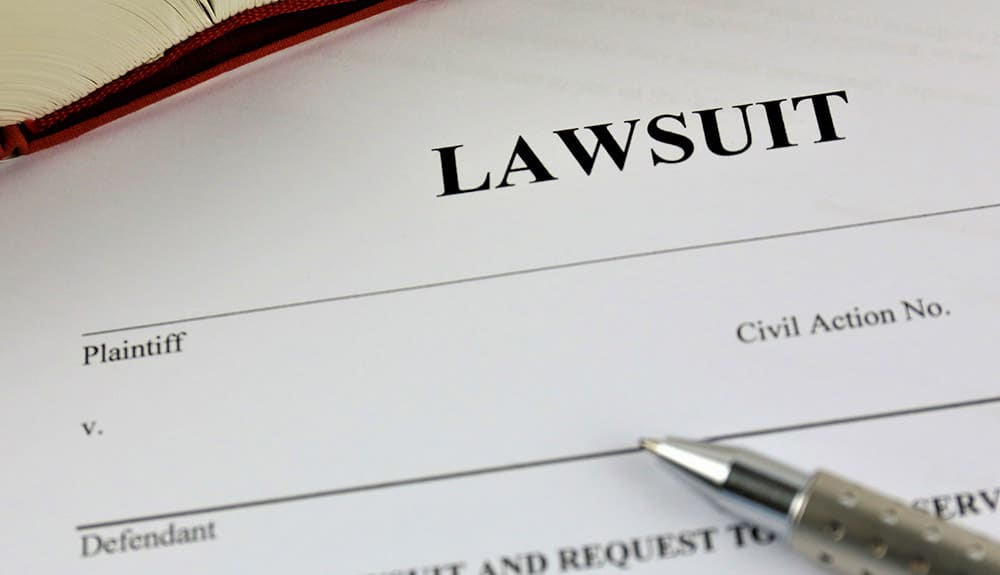Perhaps ironically, attorneys face malpractice suits more frequently than might be commonly known. There are myriad reasons clients might decide to pursue legal action against their former counsel, although five scenarios stand out as the most typical.
Breach of Fiduciary Duty
One of the most frequent and common claims filed against attorneys is a breach of fiduciary duty claim. Why? Sometimes it’s a simple matter of the client being unhappy with the outcome of a legal matter. He or she might believe their best interests were not well represented by the attorney, and a lawsuit follows. Often, if a conflict of interest can be successfully argued, these claims find favor with the courts. If the attorney in the original matter represented multiple parties and potentially put one client’s interest over another – or perhaps the attorney put his or her own interest ahead of the client’s – there may be a case for the claim to be made successfully.
Negligence
Again, sometimes poor results for the client in a legal matter can lead to second-guessing everything the attorney did in the original legal matter. Questions about timely followings, the number and quality of experts called, and any perception that corners were cut often feed into these negligence claims. The bottom line is that if a lawyer has not demonstrated beyond a shadow of a doubt that they have gone the distance for their clients, they may find themselves the subject of a negligence claim; especially if the matter does not conclude in favor of the client.
Administrative Error
Most attorneys are outstanding advocates for their clients within their field of practice. However, where some lawyers fall short is in the business of lawyering. There are countless administrative aspects of running a law practice – time and billing, file management, data protection, etc. If, in the course of managing the business of a law practice an attorney errs, there may be an administrative error claim. This can include data breaches, inaccurate billing or failure to maintain appropriate records, among other matters.
Missed Deadlines
Much of the practice of law centers on deadlines. Filing timely claims on behalf of clients is a central element of the work of lawyers. Missing a filing deadline can result in significant harm to clients. From financial loss to complete dismissal of a client’s claim, a missed deadline can result in legal action taken by a client against the attorney or attorneys involved.
Fraud
Sometimes lawyers make bad decisions. The practice of law can be stressful. When lawyers, under pressure and facing their own financial hardship are pushed to the edge, they might make a poor decision. Whether they co-mingle client funds, “borrow” from a client’s account with the intent of returning those funds before it is noticed, are sloppy with accounting or outright steal from their clients – fraud is a somewhat frequent and extremely serious claim made against some attorneys.
These five common claims all pose serious threats to an attorney’s practice. From damaged reputations to disciplinary action from the state bar’s disciplinary board, the impact of even a failed claim against an attorney can leave some tarnish on a hard-earned reputation. Successful claims against attorneys in these types of matters can also make it much more difficult, and expensive, for attorneys to secure malpractice insurance. These claims can also have a cumulative effect as well, and in the most extreme cases can result in the loss of an attorney’s license to practice law.
Practical Prevention
To protect themselves and their practice, lawyers should carefully consider the types of clients and engagements they are willing to take on. Questions to ask are how well you know or understand the client? Do they have a history of lawsuits? What is the potential for them to pursue you legally if the matter at hand goes against them? Were they referred to you by someone you trust or did they find your name online and call you? How many other attorneys did they talk with before they came to you?
Lawyers also want to be sure to be transparent and communicative about the actions they are taking on behalf of their clients. By demonstrating that you are staying on top of the many moving parts of a legal matter, keeping the client informed and – most importantly – clearly demonstrating that the client is receiving timely, robust and effective advocacy, it can help negate a range of potential claims.
Be sure to employ a good calendaring system that makes sense for the way you practice. This will keep you on schedule and ahead of filing deadlines.
Hire a third-party vendor to manage your data. In addition, employ a talented administrative assistant as well as a good accountant. The combined effect of these efforts will help ensure you have the right level of data security and expertise to better protect your practice as well as your clients.
Even the best attorneys will, at one time or another, face a client who is unhappy with the outcome of their legal matter. Taking the above steps will help ensure you have done your best to insulate your practice from these common claims and protect your reputation.



